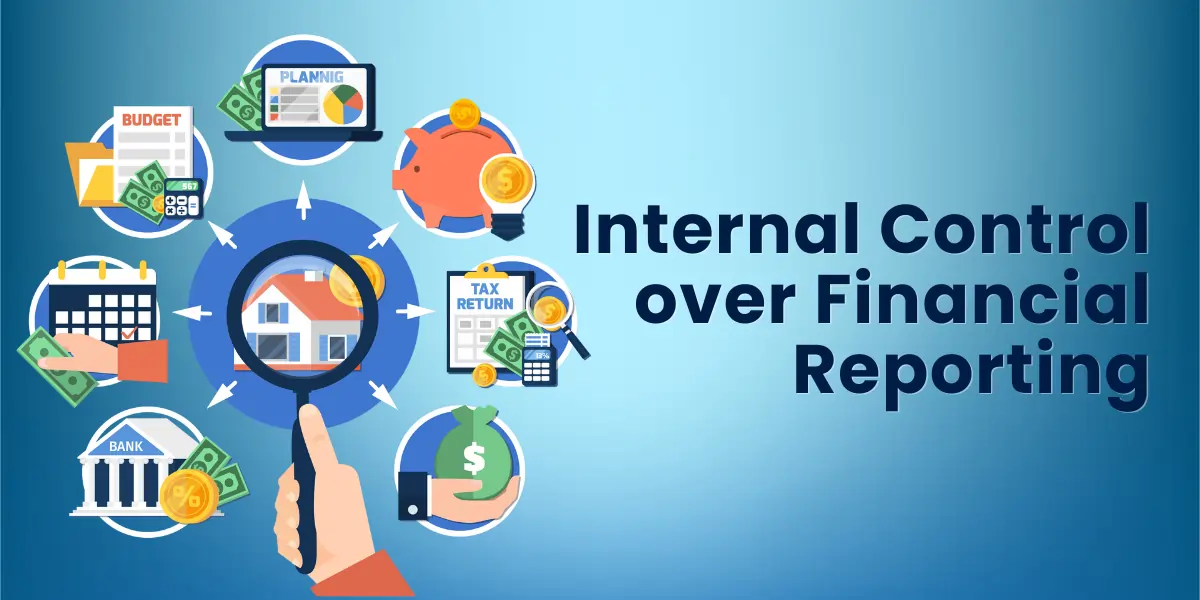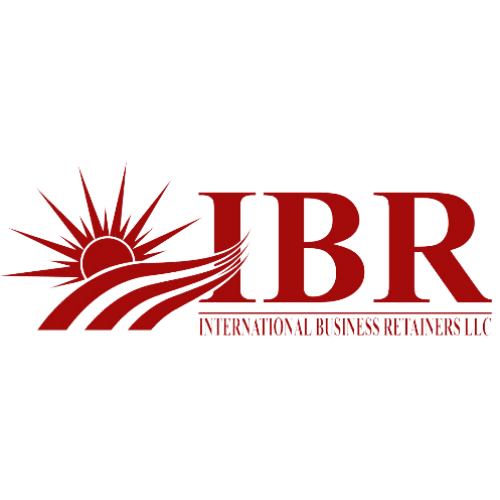
Understanding Internal Control over Financial Reporting(ICFR)
A business can guarantee the accuracy, dependability, and integrity of its financial statements and reports by implementing an organized framework of policies, procedures, and practices known as internal control over financial reporting, or ICFR. With the goal of protecting a company’s financial data from mistakes, fraud, or other abnormalities, ICFR is an essential part of corporate governance and financial management.
To put it simply, internal control over financial reporting (ICFR) is a system of internal checks and balances that are intended to avoid, identify, and address financial irregularities and guarantee that a company’s reported financial information is accurate.
What function do auditors serve in the ICFR?
Testing and Review
Auditors look over and evaluate how well the business’s financial reporting-related internal controls are working. They identify the most important procedures and controls and test them to make sure everything is operating as it should.
Risk Assessment
When evaluating a company’s financial reporting, auditors look for and evaluate any hazards. They modify their audit strategy in accordance with variables that may result in material misstatements in the financial accounts.
Material Weakness Identification
Significant errors or flaws in the company’s ICFR that auditors find are reported as material weaknesses. Serious problems that potentially lead to a major misstatement in the financial statements are known as material weaknesses. It is mandatory for auditors to notify the management of the company and, in some situations, regulatory bodies about these vulnerabilities.
Testing Financial Data Controls
Auditors confirm that the controls are correctly capturing and processing financial data, guaranteeing the accuracy and dependability of the data reported in the financial statements.
Offering an Audit Opinion
Following the completion of their evaluations, auditors provide an audit opinion. They offer an unqualified (clean) opinion if the business complies with the ICFR, its controls are in place, and its financial statements don’t include any major misstatements. They may provide a qualified or unfavorable assessment if they find material flaws or difficulties, indicating the existence of serious issues with the ICFR.
Because they offer unbiased, independent evaluations of a business’s internal controls, auditors play a crucial role in the ICFR by preserving the integrity and openness of financial reporting. For regulators, investors, and other stakeholders to have faith in a company’s financial statements, their conclusions and recommendations are crucial.
IBR GROUP: How may we assist you?
• Create a unique ICFR framework based on industry-leading control procedures and financial reporting requirements.
• By evaluating business operations and connecting process universe to financial reporting concerns, identify and reduce risks.
• Using control dynamic approaches, data analytics, and walkthroughs, strengthen control design.
• Invest in digital improvements and process re-engineering to upgrade internal procedures.
• Using data analytics and data-driven sampling techniques, obtain assurance on internal controls.
• Keep clear roles and efficient documentation throughout the ICFR life cycle.
In general, IBR GROUP may assist companies in enhancing their financial reporting, risk management, and governance. This may result in several advantages, such as:
• Less chance of mistakes and fraud
• A stronger financial outcome
• A rise in investor assurance
• Improved adherence to regulations
